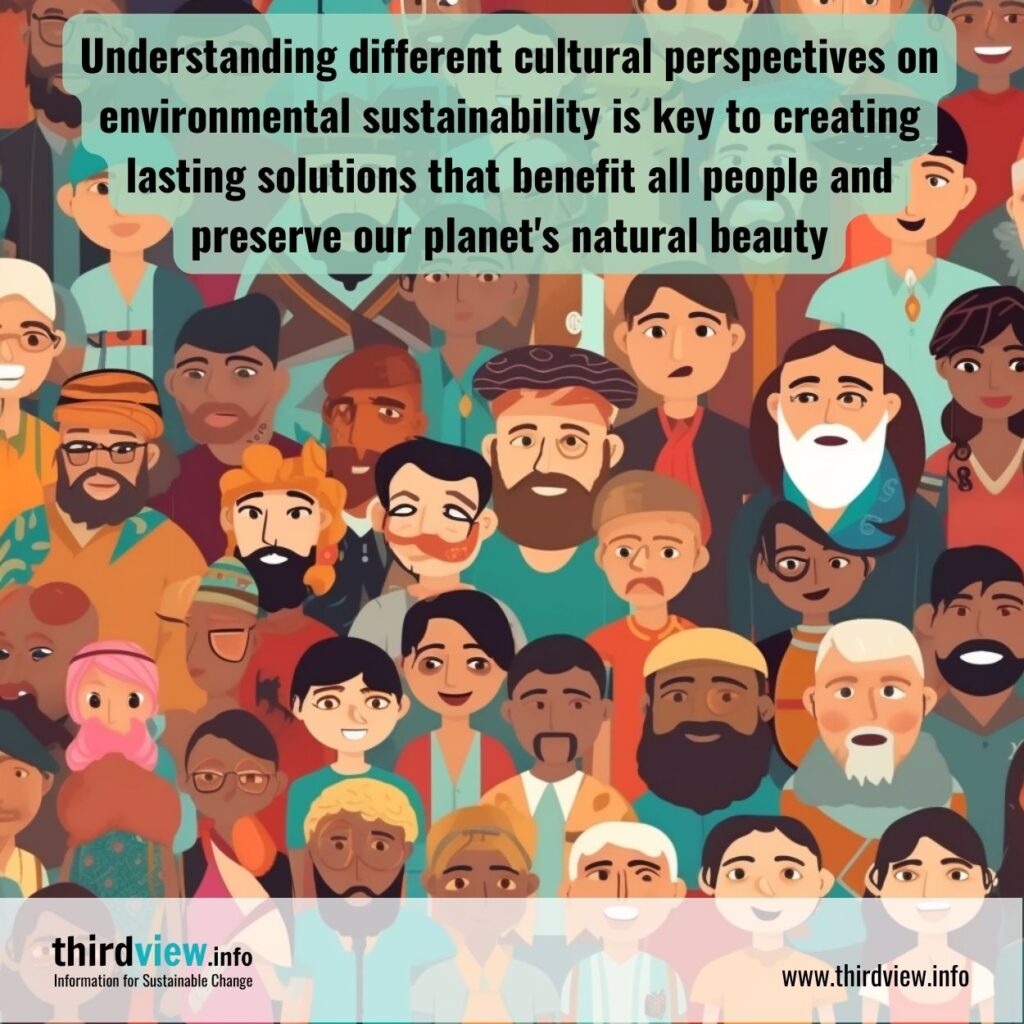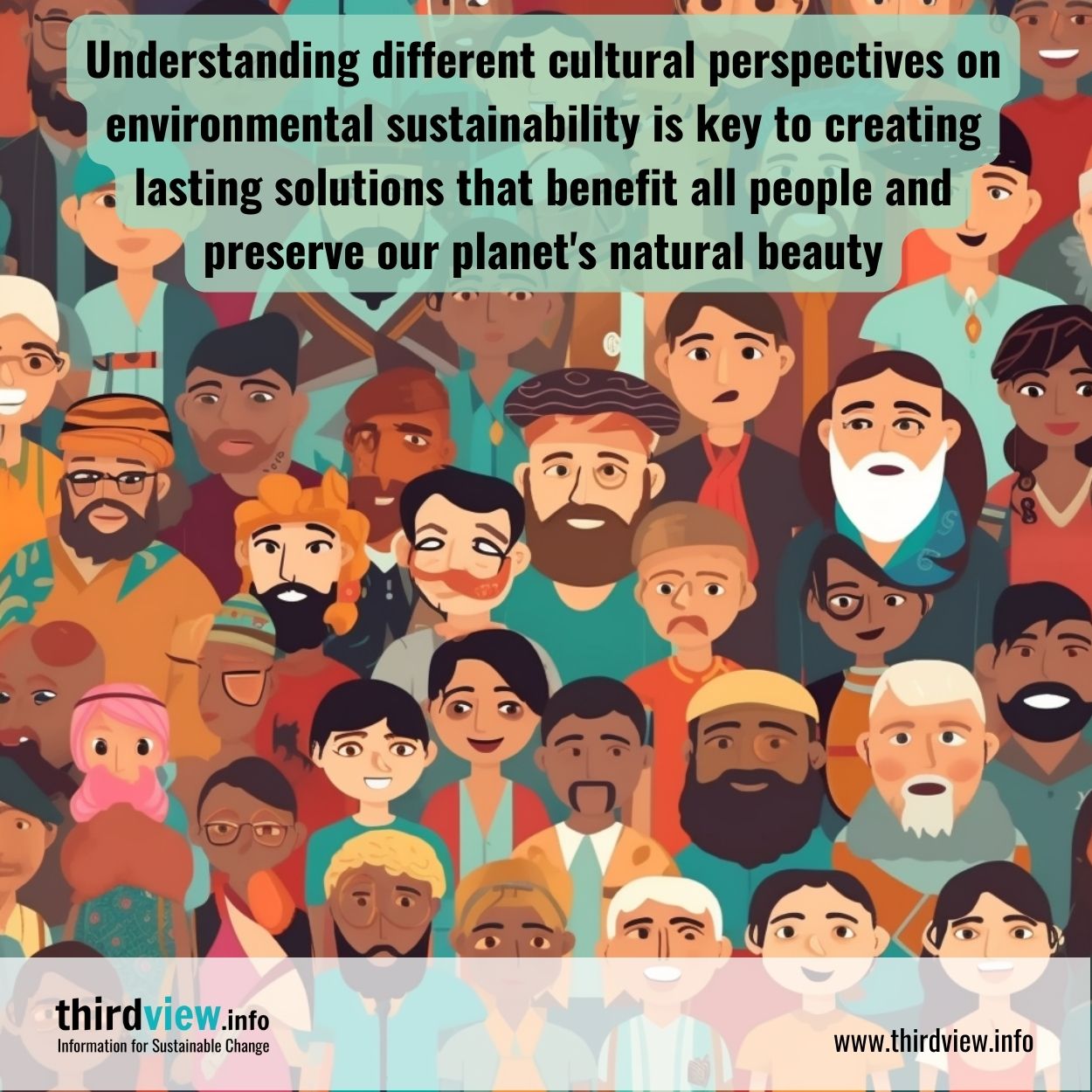Since the 1970s, the concept of sustainable development has been used as a framework for analysing how societies around the world can use resources more efficiently and responsibly. This is especially important when considering our current challenges in achieving global sustainability goals. In this blog post, we will explore how understanding different cultures and their perspectives on environmental sustainability can help us achieve these goals.
Different cultures have unique perspectives on environmental sustainability that should be taken into account when looking for solutions to global issues like climate change. For example, traditional Indigenous communities often have deep spiritual connections with nature that influence their approach to land management and resource use. These cultural practices can provide valuable insight into ways we can manage resources more sustainably and responsibly. Additionally, by including Indigenous voices in conversations about sustainable development, we are better able to understand how best to achieve common goals around environmental sustainability.
In addition to listening to different cultural perspectives on sustainability, we should also seek out ways to celebrate multiculturalism’s contribution to sustainable development initiatives. As an example, one could look at the increasing popularity of eco-tourism as an opportunity to get people from different backgrounds involved in protecting natural environments while also providing economic benefits for local communities. By engaging with different cultures through tourism activities such as bird watching or nature hikes, people from diverse backgrounds can learn more about each other while also playing a role in protecting our planet’s biodiversity.
Finally, it is important that we recognize that many countries are currently facing very real challenges when it comes to achieving sustainable development goals due largely to historical injustices perpetrated against marginalized groups throughout history. It is essential that any initiatives aimed at supporting sustainable development take into account these inequities so that everyone has a chance at participating in the process of creating long-term solutions for global environmental challenges. This means ensuring that all stakeholders have access to resources needed for success such as education or technical skills training programs so they can contribute meaningfully towards achieving global objectives like reducing carbon emissions or addressing ocean acidification levels.
The importance of recognizing different cultures’ contributions towards finding solutions for global environmental challenges cannot be understated. By understanding different perspectives on environmental sustainability and seeking out ways to celebrate multiculturalism’s role in making progress towards common goals around sustainability initiatives, we are better able to create lasting solutions that benefit all people – regardless of background or culture – while also preserving our planet’s natural beauty for generations to come.


